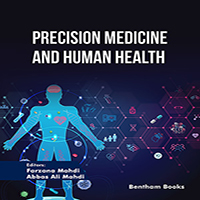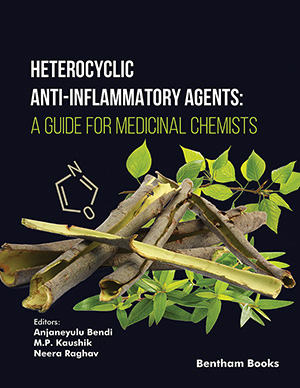Abstract
Background: Effects of propionic acid (PA) on the cellular and molecular processes in the small intestine under type 2 diabetes mellitus (T2DM)-induced endoplasmic reticulum (ER) stress remain incompletely studied.
Objectives: The aim of the study was to assess the state of unfolded protein response (UPR) system in the small intestine of diabetic rats and to explore PA’s influence on metformin treatment.
Methods: Male Wistar rats were divided into 1) control and 2) T2DM groups, and groups receiving (14 days, orally) 3) metformin (60 mg/kg), 4) PA (60 mg/kg), and 5) PA+metformin. Western blotting, RT-PCR, and transmission electron microscopy were performed.
Results: We found that T2DM induced elevation of ER intermembrane space and UPR overactivation based on increased GRP78, ATF6 and PERK levels in small intestine. Metformin treatment led to a further UPR activation. PA supplementation partially restored enterocytes functioning via normalization of ATF6 and PERK content, while IRE1 level reached the maximum value, compared to all groups. The most pronounced effect of adaptation to the T2DMinduced ER stress was observed after combined metformin and PA action. In particular, decreased ER intermembrane space in enterocytes was detected compared to separate metformin and PA administration, which was accompanied by restored GRP78, PERK and IRE1 levels.
Conclusion: Our study proves the safety of additional therapy with propionic acid in combination with metformin for the functional state of small intestine. Due to its ability to modulate UPR signaling, PA may be considered a safe and perspective candidate for supportive therapy in T2DM, especially for neuroprotection.
Keywords: Type 2 diabetes mellitus, propionic acid, metformin, unfolded protein response, endoplasmic reticulum stress, small intestine, diabetic intestinal complications.






























